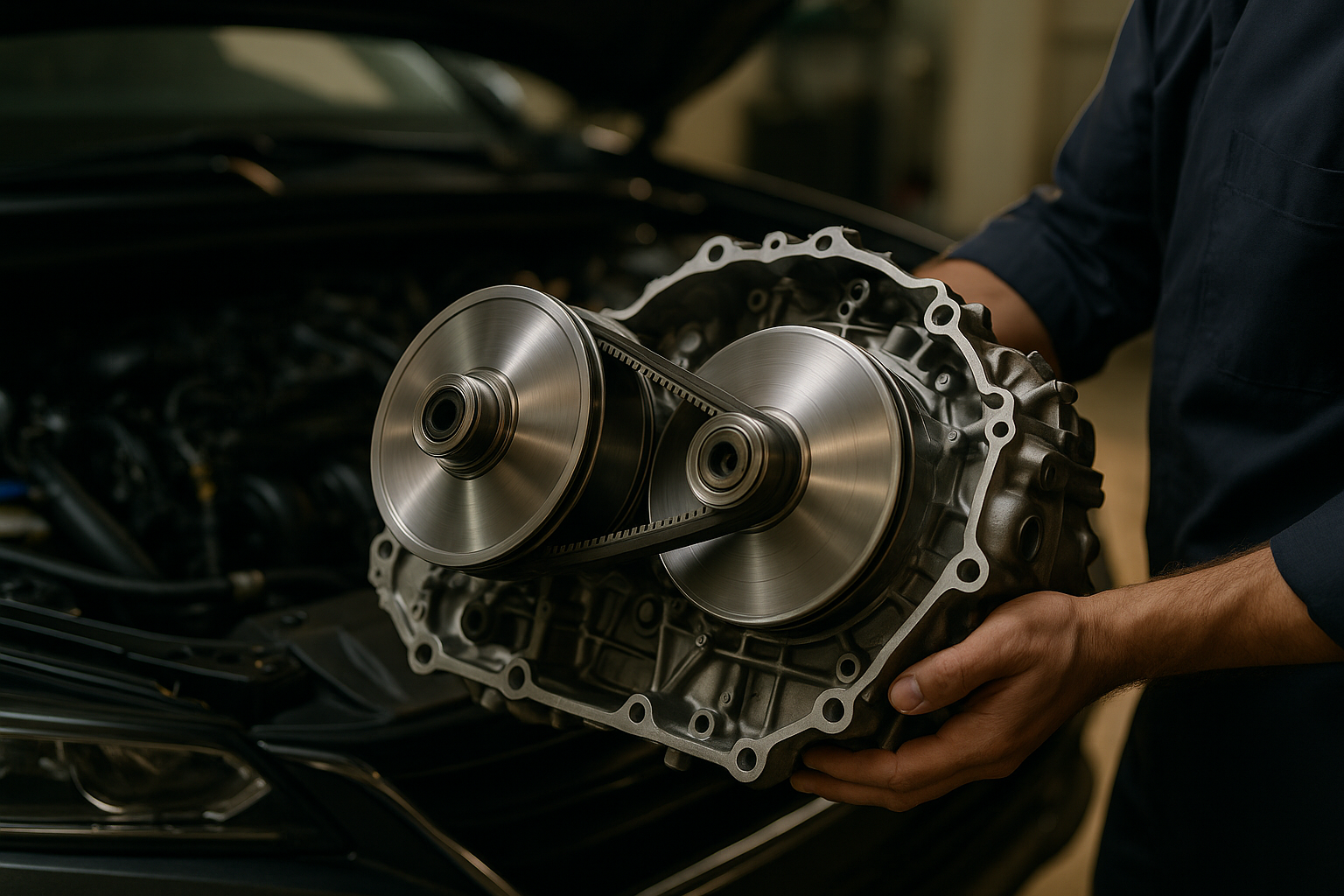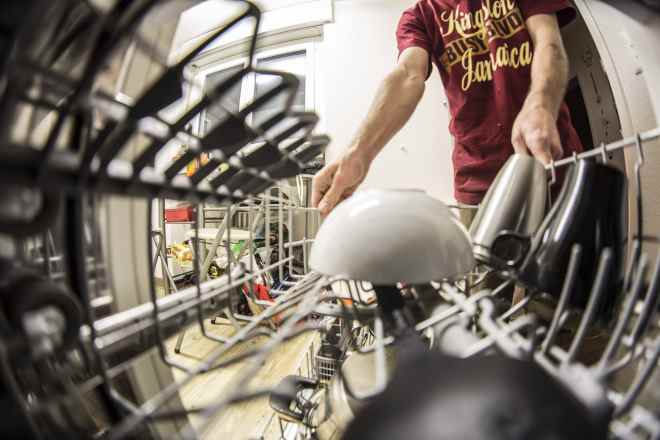Automotive Repair Service Guide
Automotive repair services cover vehicle inspection, data checking, and component inspection including engines, with service facilities equipped with corresponding tools and equipment. Part replacements use matching components and relevant information is recorded. Different vehicles require varying repair procedures and timeframes, with all repair operations conducted in designated areas, and cost information available before service.

Service Items and Cost Information
Automotive repair encompasses a wide range of services, each with varying complexity and associated costs. Routine maintenance items include oil changes, brake pad replacements, tyre rotations, and fluid top-ups. More complex services involve engine diagnostics, transmission repairs, electrical system troubleshooting, and suspension work. Understanding the scope of these services helps you budget appropriately and avoid unexpected expenses.
Cost factors include labour rates, parts quality, vehicle make and model, and the complexity of the repair. Labour rates in South Africa typically range from R400 to R800 per hour, depending on the workshop’s location and expertise. Parts costs vary significantly based on whether you choose original equipment manufacturer (OEM) parts, aftermarket alternatives, or reconditioned components. A basic oil change might cost between R500 and R1,200, while major engine work can range from R15,000 to R50,000 or more.
| Service Type | Typical Cost Range | Average Time Required |
|---|---|---|
| Oil and Filter Change | R500 - R1,200 | 30 - 60 minutes |
| Brake Pad Replacement | R1,500 - R4,000 | 1 - 2 hours |
| Battery Replacement | R1,000 - R3,500 | 30 minutes |
| Tyre Replacement (per tyre) | R800 - R3,000 | 15 - 30 minutes |
| Engine Diagnostics | R500 - R1,500 | 30 minutes - 2 hours |
| Clutch Replacement | R8,000 - R18,000 | 4 - 8 hours |
| Suspension Repair | R3,000 - R12,000 | 2 - 6 hours |
Prices, rates, or cost estimates mentioned in this article are based on the latest available information but may change over time. Independent research is advised before making financial decisions.
Common Issues and Solutions
Vehicle owners frequently encounter several recurring problems that require professional attention. Engine warning lights often indicate sensor malfunctions, oxygen sensor failures, or catalytic converter issues. These problems require diagnostic equipment to identify the specific fault code and determine the appropriate solution. Ignoring warning lights can lead to more severe damage and costlier repairs down the line.
Braking system issues manifest as squealing noises, reduced stopping power, or vibrations when applying brakes. These symptoms typically indicate worn brake pads, warped rotors, or low brake fluid levels. Addressing brake problems promptly is crucial for safety and prevents damage to other braking components. Electrical problems, including battery drain, alternator failure, and faulty wiring, are also common and require systematic troubleshooting to resolve effectively.
Overheating engines result from coolant leaks, thermostat failures, radiator blockages, or water pump malfunctions. Regular cooling system maintenance prevents these issues and extends engine life. Transmission problems, characterized by rough shifting, slipping gears, or fluid leaks, demand immediate attention to avoid complete transmission failure, which is among the most expensive repairs.
Service Process and Time Estimates
Understanding the repair process helps set realistic expectations for service duration and outcomes. The process typically begins with an initial inspection where technicians assess the vehicle’s condition and identify problems. For complex issues, diagnostic testing using specialized equipment pinpoints the exact cause of malfunctions. This diagnostic phase can take anywhere from 30 minutes to several hours, depending on the problem’s complexity.
Once diagnosed, the workshop provides a detailed quote outlining required repairs, parts needed, labour costs, and estimated completion time. Minor repairs like oil changes or battery replacements are usually completed within an hour, while major work such as engine rebuilds or transmission overhauls may require several days or even weeks if parts need ordering.
Communication throughout the process is essential. Reputable workshops contact customers if they discover additional problems or if repairs will take longer than initially estimated. After repairs are completed, technicians conduct quality checks and road tests to ensure everything functions correctly before returning the vehicle to the owner.
Parts Quality Standards
The quality of replacement parts significantly impacts repair longevity and vehicle performance. OEM parts are manufactured to the same specifications as original components and typically come with warranties. While more expensive, they guarantee compatibility and reliability. Aftermarket parts, produced by third-party manufacturers, offer cost savings but vary in quality. Premium aftermarket brands often match or exceed OEM standards, while budget options may compromise on durability.
Reconditioned or refurbished parts provide a middle-ground option, particularly for expensive components like alternators, starters, and turbochargers. These parts are restored to functional condition and tested before sale, offering savings while maintaining reasonable quality standards. When selecting parts, consider your vehicle’s age, your budget, and how long you plan to keep the vehicle.
Reputable workshops discuss parts options with customers, explaining the benefits and drawbacks of each choice. They should provide warranties on both parts and labour, demonstrating confidence in their work quality. Always request documentation showing which parts were installed, including part numbers and manufacturer information.
Service Assurance and Records
Maintaining comprehensive service records protects your investment and provides valuable documentation for future repairs or vehicle resale. Detailed records should include dates, mileage, services performed, parts replaced, and costs incurred. These records help identify recurring problems, track maintenance schedules, and demonstrate proper vehicle care to potential buyers.
Warranties and guarantees are critical components of service assurance. Labour warranties typically range from 30 days to 12 months, while parts warranties vary based on the manufacturer and part type. Always clarify warranty terms before authorizing repairs, including what is covered, exclusions, and the claims process.
Choosing workshops with proper certifications and qualified technicians ensures quality workmanship. Look for businesses registered with industry associations and employing certified mechanics. Customer reviews and recommendations from trusted sources provide insights into a workshop’s reliability, pricing fairness, and customer service quality. Building a relationship with a trustworthy workshop creates continuity in your vehicle’s maintenance history and often results in better service and more competitive pricing over time.




